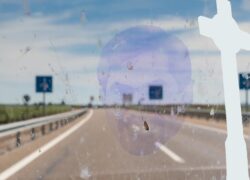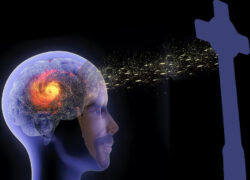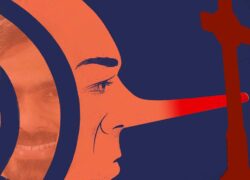RaMbLeS
Welcome to RaMbLeS, a collection of weekly musings on life and Scripture. It all began in 2005 on Google’s blogspot as the aBeLOG (a name now recycled), a semi-autobiographical devotional that attempted to keep well-wishers abreast of my activities as I relocated to Scotland for a few years. Since my return, I’ve continued my RaMbLeS, and here’s its most recent incarnation on Homiletix, as random reflections usually based on current news articles and travel experiences and whatever else takes my fancy!
Splat!
Andrew Van Dam had an interesting analysis the other day in The Washington Post: “Wait, Why Are There So Few Dead Bugs on My Windshield These Days?”
He’s been noticing it. Long summer trips without those tiny corpses gone splat! on your windshield and grille and headlamps and all.
Now, many folks can’t remember the last time they had to scour the bug gore from their RAV4. It feels like a fundamental pillar of the planet’s ecology has snapped.”
Apparently windshield
Thoughts!
Wonderful stuff! A guy who had a stroke and was paralyzed totally, including the loss of ability to speak, can now communicate.
This was reported by neuroscientists and neurosurgeons from UCSF and UC Berkely a few weeks ago: “Generalizable Spelling Using a Speech Neuroprosthesis in an Individual with Severe Limb And Vocal Paralysis,” published in Nature Communications.
Electrodes were implanted the patient’s brain and he attempted to say code words that stood for each
Hmm?
All kinds of odd things have been touted as having life-changing benefits. One of them is now proven to be effective. The unsung merits of humming! Yup, humming!
Brian Lai, a breathwork specialist based in Hong Kong, told VICE recently:
When a person first hears that the simple act of humming has various benefits, it sounds way too simple, almost ridiculous. But when we take a look under the hood of the human body, we can begin to understand why it has been used for centuries,
Horror!
The Wall Street Journal, the other day, touted the values of the season of horror surrounding Halloween.
Lots of people take the deliberate step to scare themselves with scary movies and TV shows, spooky novels and videogames, true crime podcasts, haunted-house attractions and so on.
Apparently all of this has significant benefits!
Declared WSJ:
Fear, or the emotional response to a threat (real or perceived), exists to alert us to danger. When we’re scared, our sympathetic
Science?
Your liver gets fried, they told us. Your brain cells are slaughtered, they reminded us. And so and so forth. The evil agent in question? Alcohol. And there’s scientific evidence for all that. And more.
But now this: “The Relationship Between Alcohol Use and Dementia in Adults Aged More Than 60 Years: A Combined Analysis of Prospective, Individual-Participant Data from 15 International Studies,” published a few months ago in Addiction, by scientists from
Mendacious!
Continuing the theme of lying from one of my blogs from last month …
Carlo Collodi (1826–1890) of Florence, Tuscany, was right after all. Or at least, he was on to something almost two centuries ago. Signor Collodi was the creator of Le avventure di Pinocchio or, as is better know to us, The Adventures of Pinocchio. Pinocchio, the protagonist, was created as a wooden puppet by a carver in a Tuscan village—an animated and sentient puppet! This being—described
Snore!
“Sleep tourism.” Yup, it’s a thing. And growing in popularity, too, CNN reports.
Hotel establishments are now focusing on those potentially hapless clients who may be suffering sleep-deprivation, what with the pandemic, threat of nuclear war, economy, elections, and so forth.
Over the past 12 months, Park Hyatt New York has opened the Bryte Restorative Sleep Suite, a 900-square-foot suite filled with sleep-enhancing amenities. Rosewood Hotels & Resorts recently


















 Abe Kuruvilla is the Carl E. Bates Professor of Christian Preaching at The Southern Baptist Theological Seminary (Louisville, KY), and a dermatologist in private practice. His passion is to explore, explain, and exemplify preaching.
Abe Kuruvilla is the Carl E. Bates Professor of Christian Preaching at The Southern Baptist Theological Seminary (Louisville, KY), and a dermatologist in private practice. His passion is to explore, explain, and exemplify preaching.